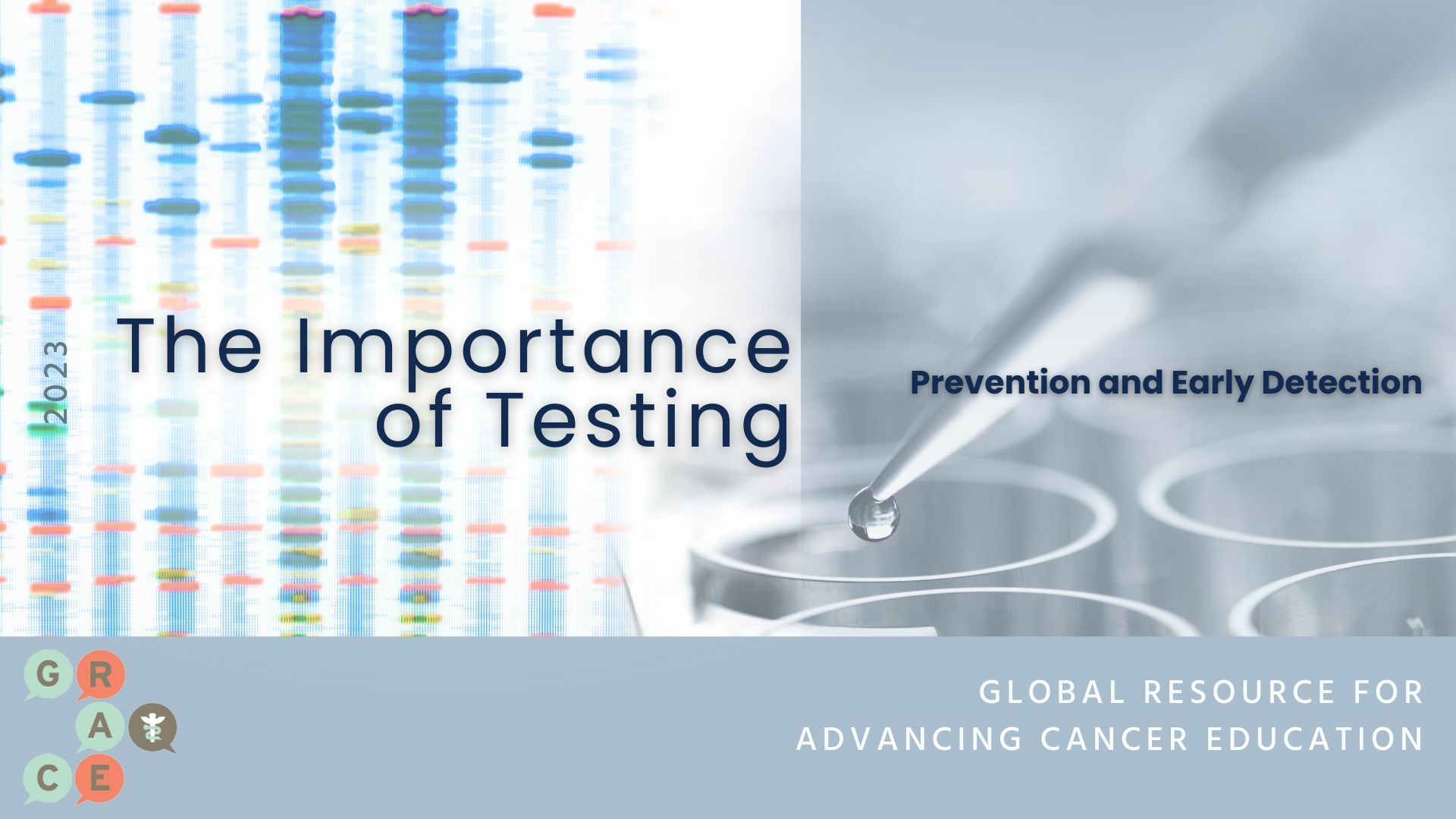Article and Video CATEGORIES
In my last post, I described the concept of treating with a targeted therapy like an EGFR tyrosine kinase inhibitor (TKI) or ALK inhibitor at the time of acquired resistance. The main point I made is that people with a driver mutation for their cancer may often develop resistance that is really "partial": a subset of the cancer cells may remain sensitive to the targeted therapy, making the concept of a combination of a new therapy, presumably chemo-based, to treat the subpopulation that are resistant to the targeted therapy, along with ongoing targeted therapy, to treat the subpopulation of cancer cells that remain sensitive to it. But one other factor is the possibility that after an interval off of the targeted therapy will lead to a change in the relative proportion of cancer cells sensitive to the targeted therapy -- in other words, that with time off of the targeted therapy, more of the sensitive cells will grow and divide. So is it helpful to retreat patients with the same targeted therapy on which a person demonstrated progression?
Certainly, cases of responses with an EGFR TKI after someone has progressed, then been off of one for a while have emerged in the last few years, though there have not been real studies to address this question. At this year's ASCO, we didn't quite get "real studies", but there were at least a couple of retrospective looks at some populations with acquired resistance that offer a bit more insight.
The first of these was the pooled results from the Harvard hospitals Dana Farber Cancer Institute, Brigham & Women's Hospital, & Massachusetts General Hospital, presented by Dr. Stephanie Heon. Their group looked at results from 24 patients, gathered from a period extending back 9.5 years, who had an EGFR mutation from Boston and who had been retreated with an EGFR TKI after some period of time off if it. They reported a response rate of 4% (so a single patient), though two thirds had at least stable disease as their initial result, and a progression-free survival (PFS) of 3.3 months, which is what was seen with afatinib in the LUX-Lung1 trial of the irreversible EGFR inhibitor (actually, pan-inhibitor of the entire human epithelial tumor (HER) receptor family that EGFR is part of) in patients previously treated with an EGFR TKI. Interestingly (and not surprisingly), the patients who had been off of an EGFR TKI for longer than the median of 5 months had a longer PFS (4.4 vs. 1.9 months) than the patients who had been off for just a few months.
 A group from Kobe, Japan asked this question of the value of retreatment with an EGFR TKI, looking at 73 patients with an EGFR mutation who had developed progression, comparing the results for the 56 who went back on an EGFR TKI to those of the 17 who didn't. They actually found that the patients who went back on an EGFR TKI actually had a significantly longer overall survival (median 22.6 vs. 10.4 months) and that in a multivariate analysis of factors that could potentially be associated with survival, this variable remained among the most significant ones. In contrast with the Boston group, they didn't see an association with duration of the interval off of therapy, though in fact, the median time here was just 34 days -- in fact, many of the patients were actually off treatment for only a few weeks, while they were receiving brain radiation for new brain metastases, for instance. Overall, with such a short interval for many of these patients off of an EGFR TKI, I'm not sure this really addresses the question of the value of retreatment after potential resensitization to the EGFR TKI; instead, if a patient goes back after just 2-3 weeks off, this may just underscore that there is still value in the targeted therapy after the first signs of progression (i.e., this is pretty much like the concept of just treating beyond progression that I described previously).
A group from Kobe, Japan asked this question of the value of retreatment with an EGFR TKI, looking at 73 patients with an EGFR mutation who had developed progression, comparing the results for the 56 who went back on an EGFR TKI to those of the 17 who didn't. They actually found that the patients who went back on an EGFR TKI actually had a significantly longer overall survival (median 22.6 vs. 10.4 months) and that in a multivariate analysis of factors that could potentially be associated with survival, this variable remained among the most significant ones. In contrast with the Boston group, they didn't see an association with duration of the interval off of therapy, though in fact, the median time here was just 34 days -- in fact, many of the patients were actually off treatment for only a few weeks, while they were receiving brain radiation for new brain metastases, for instance. Overall, with such a short interval for many of these patients off of an EGFR TKI, I'm not sure this really addresses the question of the value of retreatment after potential resensitization to the EGFR TKI; instead, if a patient goes back after just 2-3 weeks off, this may just underscore that there is still value in the targeted therapy after the first signs of progression (i.e., this is pretty much like the concept of just treating beyond progression that I described previously).
A clinical trial by Dr. Leora Horn that I described at the end of my last post will incorporate EGFR TKI retreatment after progression on chemo alone, and this should provide a good prospective test of the concept of whether patients with acquired resistance to an EGFR TKI (and we might extend the concept to an ALK inhibitor) are likely to benefit more from ongoing treatment with the same targeted therapy beyond progression or from transition to chemo alone and then re-treatment after potential resensitization. In the meantime, I think the clearest finding is that you don't necessarily exhaust the benefit of a targeted therapy at the first sign of progression. My personal approach is to recommend continuing the targeted therapy if the progression is relatively slow and the disease burden is less than the person started with, but to discontinue it and consider trying retreatment later if the progression is at a more rapid clip.
I look forward to learning more as actual trials designed to answer these questions are completed.
Please feel free to offer comments and raise questions in our
discussion forums.
Forum Discussions
Waiting for my appointment with oncologist this morning. Thank you for the response. It helps. <3
It sounds like you’re thinking of this in a very appropriate way. Specifically, it sounds like the growth of the nodule is rather modest, though keep in mind that the change...
Hi and welcome to GRACE. I'm sorry your mom is having this difficulty. An indwelling catheter is used when the pleura space continually fills and the catheter is always there to...
Hi Oaktowngrrl, Welcome to Grace. I'm so sorry you're going through this.
Finding a reputable dedicated thoracic surgeon for lung surgery might be difficult, as it is a complex and...






Hi Blaze,
As much as I hate to say it, Welcome back Blaze. It sounds like you're otherwise feeling good and enjoying life which is a wonderful place to be. ...